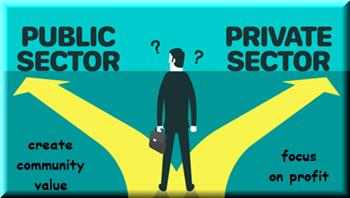| CE.14 – Career and Personal Finance: Career Choice (new 2023 standards)-- For PDF version click here | |
|---|---|
CE.14a – Talents, Interests, and Aspirations in Career Choicea) identify the talents, interests, and aspirations that can influence career choice When choosing a career, it’s important to know: 
Matching your talents and interests to your career can lead to greater satisfaction, better performance, and higher motivation. Example: If you enjoy problem-solving, are skilled in science, and aspire to help people, you might consider a career in engineering or medicine. CE.14b – Attitudes and Behaviors for Career Successb) identify the attitudes and behaviors that strengthen individual work ethic and promote career success A strong work ethic and positive workplace habits make a big difference in career growth: 
Why It Matters: Employers value employees who not only have skills but also demonstrate responsibility, honesty, and commitment. CE.14c – Human Capital, Skills, and Economic Demandc) identify human capital, abilities, intellectual and physical skills, work habits, and education, and the changing supply and demand in the economy Human Capital – The skills, education, training, and experience that make a worker valuable. 
Changing Supply and Demand in the Economy:
CE.14d – Effect of Technological Change and Globalizationd) examine the effect of technological change and globalization on career opportunities Technological Change:
Globalization: 
Example: Advances in telemedicine allow doctors to treat patients around the world, creating new opportunities in healthcare technology. CE.14e – Importance of Educatione) describe the importance of education to one’s intellectual life, lifelong learning, and personal goals; Education plays a key role in:
Key Fact: There is a strong correlation between skills, education, and income—people with higher skills and education usually earn more. CE.14f – Financial Responsibilityf) analyze the role of financial responsibility in good citizenship including, but not limited to evaluating common forms of credit, savings, and investments Being financially responsible is an important part of being a good citizen. It means:
💡 Why it matters: When people manage their money well, they are less likely to go into debt, more likely to contribute to the economy, and better prepared for the future. Financially responsible citizens are also more likely to make smart choices that help their families and communities. CE.14g – Equal Opportunity in Education and Trainingg) describe the importance of equal opportunities for access to education and training Having equal access to education and job training means that everyone—no matter their race, gender, income level, or background—has a fair chance to learn and succeed. This includes access to:
📈 Why it matters:
💼 Real-world connection: Imagine two students with the same talent and work ethic. One has access to tutoring, internet, and training; the other doesn’t. Equal opportunities help both reach their full potential. CE.14h – Jobs and Careers in the public and private sectorsh) research jobs and careers in the public and private sectors and understanding the pathways to various careers There are two main parts of the economy where people can work:
📚 Pathways to Careers: Career planning begins with self-assessment—identifying your interests, skills, and values. Then:
💡 Did you know?
✅ Key Takeaways
|
